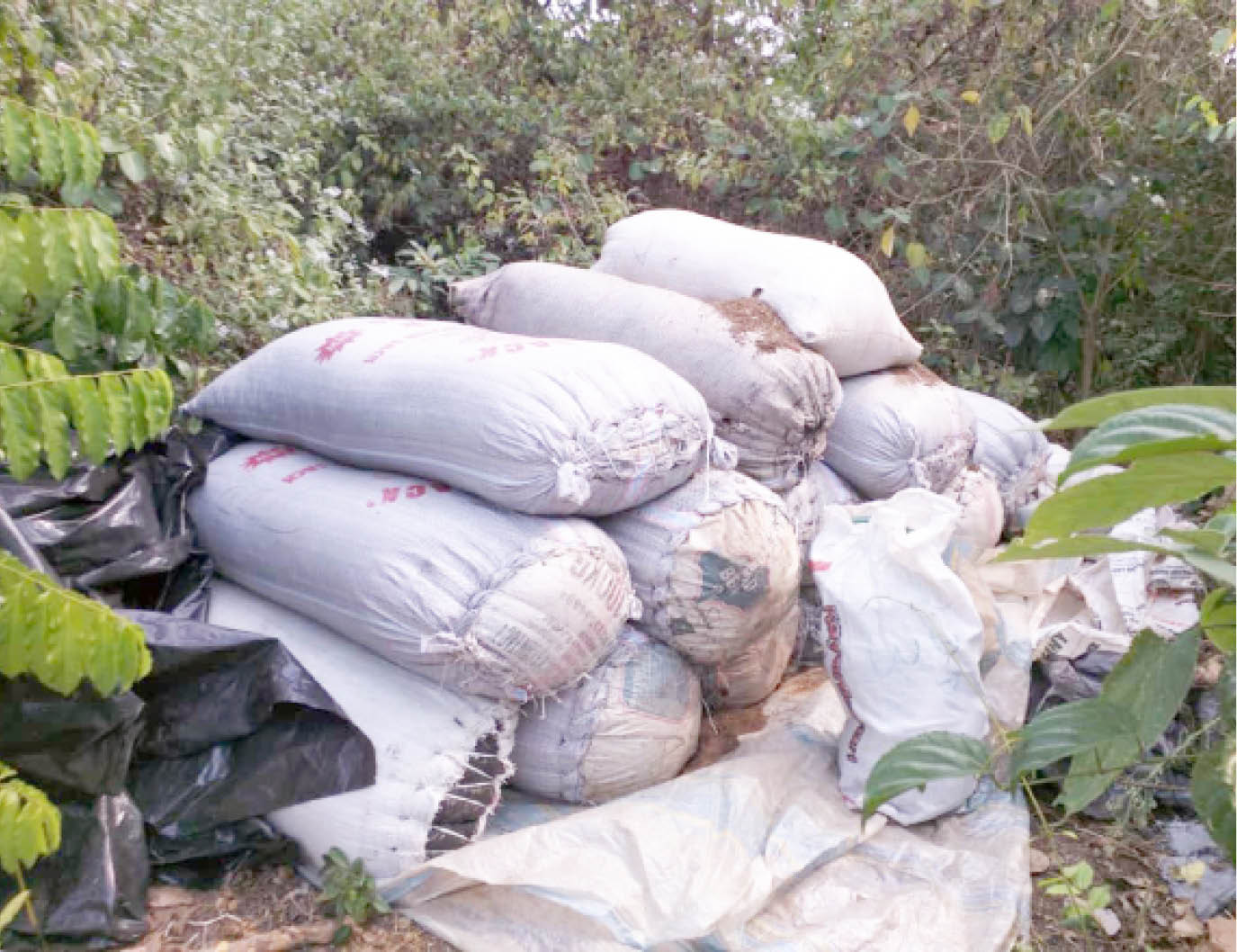The House of Representatives last week announced its intention to commence the process of legalising the production of Indian hemp otherwise known as marijuana in Nigeria.
House spokesman, Benjamin Okezie Kalu, announced at a press briefing in Akure, the Ondo State capital, that doing so was in the interest of the country’s economic growth.
- Lagos-Ibadan rail: CCECC pressured to finish 7 stations over June timeline
- PHOTOS: Nigerian lawmakers visit US company manufacturing aircraft that will bomb Boko Haram
He said countries such as South Africa were already exporting medical cannabis worth billions of dollars.
The Governor of Ondo State, Rotimi Akeredolu, has been in the forefront of the campaign to legalise marijuana in Nigeria in recent years, citing its medicinal properties and market potential. He has now got the House of Representatives on his side.
It is true that a few countries have legalised marijuana, but all of them, without exception, did so after their governments had commissioned studies to evaluate the risk factors. Even at that, it is worth pointing out that such countries are now living with the consequences of their actions because cheap availability has now led to the increase in the use of the drug.
Here at home, on what basis does the House of Representatives want to legalise marijuana? Where are the studies, the findings, the statistics and the recommendations upon which they will rely?
It is clear that the driving force behind this precipitate action is economic factor, with little consideration given to the devastating consequences of the use of marijuana.
The use of hard drugs and other substances in Nigeria is endemic. Over 10 million Nigerians abuse drugs, according to official figures.
Also, it was found that there is a causal sequence between the use of marijuana and the transition to harder drugs. There is, therefore, genuine fear that if more young people try “legal marijuana”, they may end up trying harder drugs.
The long-term negative effects of the drug are legion. Studies have linked marijuana use to depression, anxiety and suicidal tendencies, and premature or stillbirth. Research shows that people who use marijuana never do well in school, at the work place or in their marriages. It is also a proven fact that the use of drugs fuel violent crimes, including insurgency, banditry, robbery and cultism.
If we weigh these ills against the so called potential benefits, it will not take long before we arrive at a balanced decision to continue with the ban on marijuana.
It is worrisome that Gov Akeredolu not only got his priorities mixed up, but he is engaging in and encouraging illegality. We need not to stress the fact that everything about marijuana – its cultivation, production, distribution, sale and consumption – are all banned under the law in Nigerian. But while this ban remains in force, Akeredolu’s Ondo State is openly and brazenly engaged in the cultivation and distribution of the hazardous plant. By the governor’s own admission: “Ondo State is the largest producer of marijuana plants in Nigeria.” Is Ondo a law unto itself? As a governor and a Senior Advocate of Nigeria (SAN), Akeredolu should always be seen to be on the side of the law. He should not be a law breaker. Therefore, we urge him to stop the cultivation of marijuana in his state forthwith.
In any case, marijuana is not the only crop through which Nigeria can make money. There are many crops out there, how much cultivation of those have we done as a country? Instead of engaging in the production of something that will destroy our youths, let us embark on aggressive cultivation of crops that are already legal.
We find it unacceptable and a dereliction of duty that the control agencies have all gone to sleep over the years while some states engage in the production of the drug. They need to wake up to their responsibilities and ensure that the drug is not cultivated anywhere in the country. Nigeria has too many problems as it is, so legalising hard drugs will do the country no good.

 Join Daily Trust WhatsApp Community For Quick Access To News and Happenings Around You.
Join Daily Trust WhatsApp Community For Quick Access To News and Happenings Around You.


